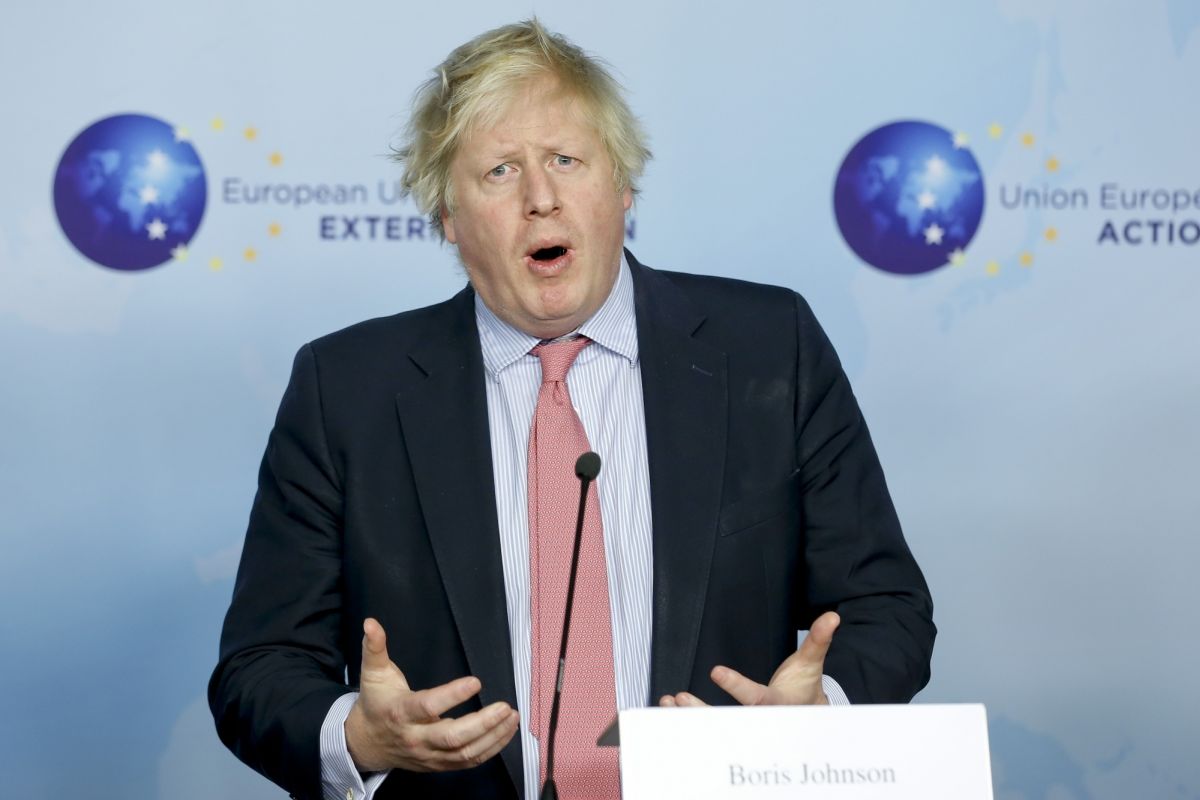UK Prime Minister Boris Johnson led government has lost three votes in the House of Lords over its Brexit legislation, its first defeats since it was re-elected by a majority in the December 2019 general election.
The European Union (Withdrawal Agreement) Bill, which paves the way for the UK to leave the EU with a deal on January 31, was approved by MPs earlier this month without any changes, BBC reported.
Advertisement
On Monday, the first defeat for the bill was over the rights of EU citizens lawfully residing in the UK after Brexit.
Peers backed a cross-party amendment allowing EU citizens physical proof of their status, according to the metro.co.uk report.
The vote, by 270 to 229, majority 41, means the bill will have to go back to the Commons, where Johnson will be able to use his big majority to overturn it.
On Sunday, PM Johnson used his first official meeting with Vladimir Putin to warn the Russian leader not repeat the 2018 chemical attack that almost killed former spy Sergei Skripal.
Downing Street said Johnson told the Kremlin chief on the sidelines of a summit on the Libya crisis in Berlin that ties between Moscow and London would not return to normal until Russia ended its “destabilising” activities.
Downing Street said Johnson had told Putin “they both had a responsibility to address issues of international security including Libya, Syria, Iraq, and Iran”.
But the British leader also made clear that this dialogue did not mean London’s relations with the Kremlin were back on track. “The prime minister said there will be no normalisation of our bilateral relationship until Russia ends the destabilising activity that threatens the UK and our allies and undermines the safety of our citizens and our collective security,” his office said.
A third defeat followed as peers backed a move to allow cases to be referred to the Supreme Court to decide whether to depart from EU case law.
Voting on this amendment was 206 to 186, majority 20, as peers warned against interference in the independence of the judiciary.
Earlier on Monday, the Commons voted to approve the Queen’s Speech, which outlines the government’s legislative agenda.
Last week, UK has an option to extend the transition but Johnson refuses to, and intends to enshrine the 2020 date in legislation, PM Johnson’s office said.
After Johnson claimed huge victory, European leaders will charge EU negotiator Michel Barnier with negotiating a close trade deal with Britain.
A landslide Conservative win would mark the ultimate failure of opponents of Brexit who plotted to thwart a 2016 referendum vote through legislative combat in parliament and prompted some of the biggest protests in recent British history.
Johnson is reluctant to make the visit before delivering Brexit on Jan. 31 and would prefer to go after a cabinet reshuffle scheduled in February when he is expected to appoint cabinet office minister Michael Gove as his new trade negotiator, The Mail on Sunday reported.
(With inputs from agency)











